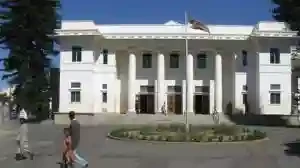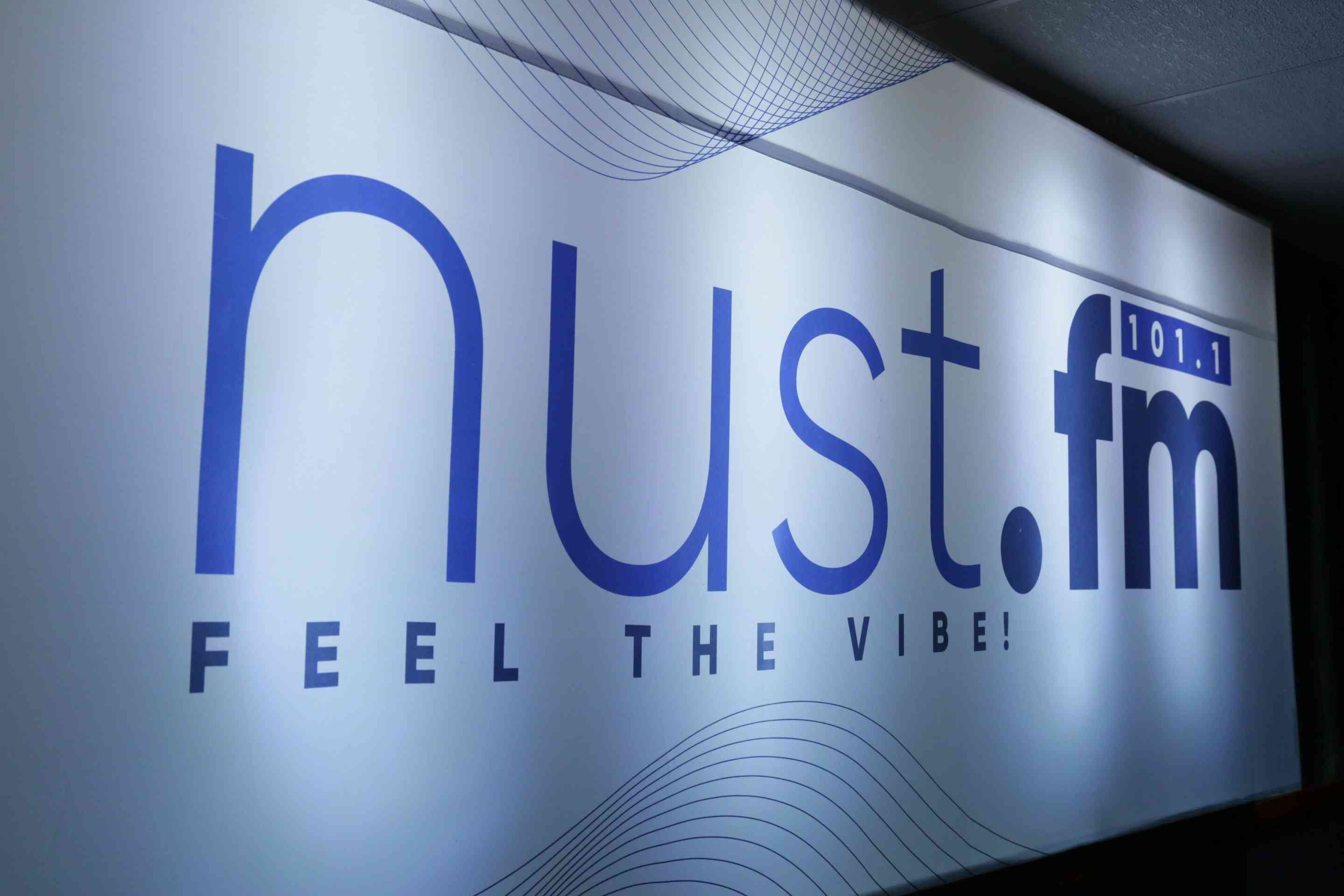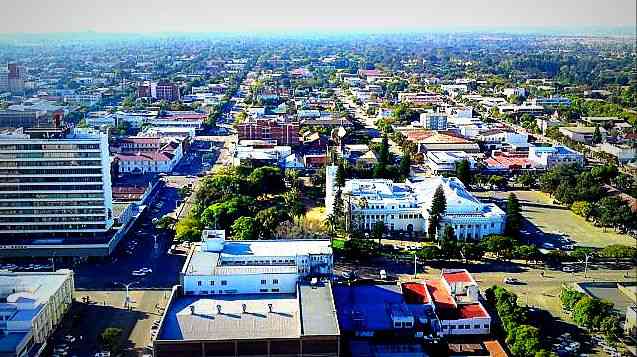Leonard Koni THERE is economic collapse in the country and people are living from hand to mouth.
Government should prioritise drafting strong economic laws and policies that will bring success for the ordinary people than this Patriotic Bill.
People are more concerned about bread and butter issues. Government cannot force patriotism on a hungry person.
While the country is burning and the Zimbabwean dollar is losing value on a daily basis, Parliament is adopting a motion to pass the Patriotic Bill. Talk of misplaced priorities.
We are a country at crossroads, seized with drafting Bills, statutory instruments and law amendments more than South Africa which has a much bigger economy than us.
Instead of crafting strong economic policies to revamp the economy, which has been ravaged by corruption and maladministration, government is responding with anger and vitriol.
Keep Reading
- Chamisa under fire over US$120K donation
- Mavhunga puts DeMbare into Chibuku quarterfinals
- Pension funds bet on Cabora Bassa oilfields
- Councils defy govt fire tender directive
Patriotism is not bootlicking the President or the ruling party. The critical question we should be asking is: Does pointing the weaknesses of government constitute being unpatriotic?
A real patriot cannot be created by legislation or an Act. True patriotism ought to be an intrinsic feeling of appreciation of the good socio-economic welfare of the country and not involving in corruption and dubious means of amassing wealth. It is not supposed to be bombarded and forced onto the people.
This idea of silencing activism is unpatriotic. Political activists should be allowed to operate and carry their duties without any fear, favour or being intimidated by State agents.
Enacting a draconian and repressive patriotic laws is not the panacea to the revival of the economy, but production and industrial resuscitation.
The Patriotic Bill cannot be forced on us by greedy political hoodlums who always want to keep on pillaging the country’s resources for self aggrandisement, while protecting their loot.
A public hearing must be conducted. Church organisations, civic groups, labour unions etc should add their voices too.
Inasmuch as we want the Bill, public office holders should bank their monies in Zimbabwe and stop externalisation.
In addition to that corruption by public office holders should be treated as treason and face a jail term not like what we are seeing in the Zanu PF government whereby those involved in corruption like Zimbabwe Miners Federation president Henrietta Rushwaya and former Health and Child Care minister Obadiah Moyo go scotfree.
Those who steal from national coffers surely must be held accountable and punished by the law.
We can’t adopt a law on patriotism just because a renowned journalist has exposed the maladministration and misdemeanours of the State.
Silencing dissenting voices is very unprofessional and unpatriotic.
Patriotism should also extend to allowing those in the diaspora to vote and choose a government of their choice in the comfort of their respective areas they live.
Being patriotic is making sure that no government official should go and receive treatment outside the country, but to only receive it locally.
Government must improve local health care and promote the local brand.
You can’t talk of patriotism when you send your children to school outside the country where there are very good facilities while shunning poor standards locally.
Let us find ways to salvage our people from poverty and improve their lifestyles. Let’s deal sternly with economic crimes such as corruption rather than suffocate and decimate the voice of the voiceless.
No one should be left behind in documentation access AS part of ensuring effective participation ahead of next year’s generation elections, Heal Zimbabwe on April 9, 2022, partnered
AS part of ensuring effective participation ahead of next year’s generation elections, Heal Zimbabwe on April 9, 2022, partnered Hopley Peace Empire for an awareness concert on access to documentation.
The concert was aimed at raising awareness on the ongoing mobile document registration by the Civil Registry, Zimbabwe Electoral Commission (Zec) Phase 2 of the mobile biometric voter registration (BVR) and the work of Chapter 12 institutions.
The concert also provided an opportunity to speak out against child marriages, child prostitution and substance abuse, the three social ills that have long bedevilled communities.
On the sidelines on the concert, Heal Zimbabwe spoke to several youths who acknowledged that drug abuse and prostitution have broken down the social fabric of society and have contributed greatly to vices such as crime.
Most youths are hooked on mutoriro (illicit drug) and prostitution, hence they say it becomes very difficult to rally the community to effectively participate in decisions that can change their lives such as elections.
On issues of access to documentation, participants highlighted that most children in Hopley did not have birth certificates owing to early child marriages.
Heal Zimbabwe shared information on both the blitz voter registration that began on April 11 and the ongoing mobile registration drive by the Civil Registry drive aimed at increasing access to identity documents.
The meetings by Heal Zimbabwe are part of efforts to create dialogues among citizens as this helps to safeguard against human rights abuse and also help build peaceful communities.
Heal Zimbabwe utilises various strategies to address conflicts in local communities.
One of these ways is the use of community dialogues, an initiative for communities to discuss and collectively identify ways through which they can proffer solutions to problems in their communities.
Such platforms also facilitate local level conversations on pertinent issues affecting communities as well as create socially cohesive communities.
Heal Zimbabwe for an awareness concert on access to documentation.
The concert was aimed at raising awareness on the ongoing mobile document registration by the Civil Registry, Zimbabwe Electoral Commission (Zec) Phase 2 of the mobile biometric voter registration (BVR) and the work of Chapter 12 institutions.
The concert also provided an opportunity to speak out against child marriages, child prostitution and substance abuse, the three social ills that have long bedevilled communities.
On the sidelines on the concert, Heal Zimbabwe spoke to several youths who acknowledged that drug abuse and prostitution have broken down the social fabric of society and have contributed greatly to vices such as crime.
Most youths are hooked on mutoriro (illicit drug) and prostitution, hence they say it becomes very difficult to rally the community to effectively participate in decisions that can change their lives such as elections.
On issues of access to documentation, participants highlighted that most children in Hopley did not have birth certificates owing to early child marriages.
Heal Zimbabwe shared information on both the blitz voter registration that began on April 11 and the ongoing mobile registration drive by the Civil Registry drive aimed at increasing access to identity documents.
The meetings by Heal Zimbabwe are part of efforts to create dialogues among citizens as this helps to safeguard against human rights abuse and also help build peaceful communities.
Heal Zimbabwe utilises various strategies to address conflicts in local communities.
One of these ways is the use of community dialogues, an initiative for communities to discuss and collectively identify ways through which they can proffer solutions to problems in their communities.
Such platforms also facilitate local level conversations on pertinent issues affecting communities as well as create socially cohesive communities.
Call for transparency, non-partisan public consultation in Chilonga-Dendairy project
THE Masvingo Center for Research and Development (Macrad) started operating around Chilonga and Masimavele areas long before the law which ordered the immediate eviction of the Hlengwe-Xangani from their ancestral land was passed.
That was long before Dendairy declared and published its interest in the land.
Since then, we have been working with over 30 village heads around the subject area.
The fears of the Hlengwe-Xangani ethnic group commonly referred to as the Chilonga community are not unfounded.
Without any consultation, government ordered hundreds of families in Chilonga and Masimavele area to immediately pack their bags and disappear. These are not allegations.
Through Statutory Instrument 50 of 2020, government ordered every person residing within the identified area to “depart permanently with all of his or her property from the said land”.
It was only after public outcries and court applications that government took one step back and withdrew the decree.
Fast forward to February 2022, Dendairy finally came out open to the public and declared its interests in Chilonga and Masimavele.
The company published a statement highlighting that the communities concerned will be engaged.
Part of the statement reads: “After dialogue at leadership levels, the engagement process will cascade to the villages for accuracy in the interpretation of the project facts”.
Before the publication of the statement, Dendairy’s corporate communications officer had a meeting with journalists at the Flamboyant Hotel in Masvingo.
She explained that the project will convert the Chilonga and Masimavele into a green belt that is export-driven and will transform the region’s way of doing agriculture while drastically lifting the standards of living. Macra





